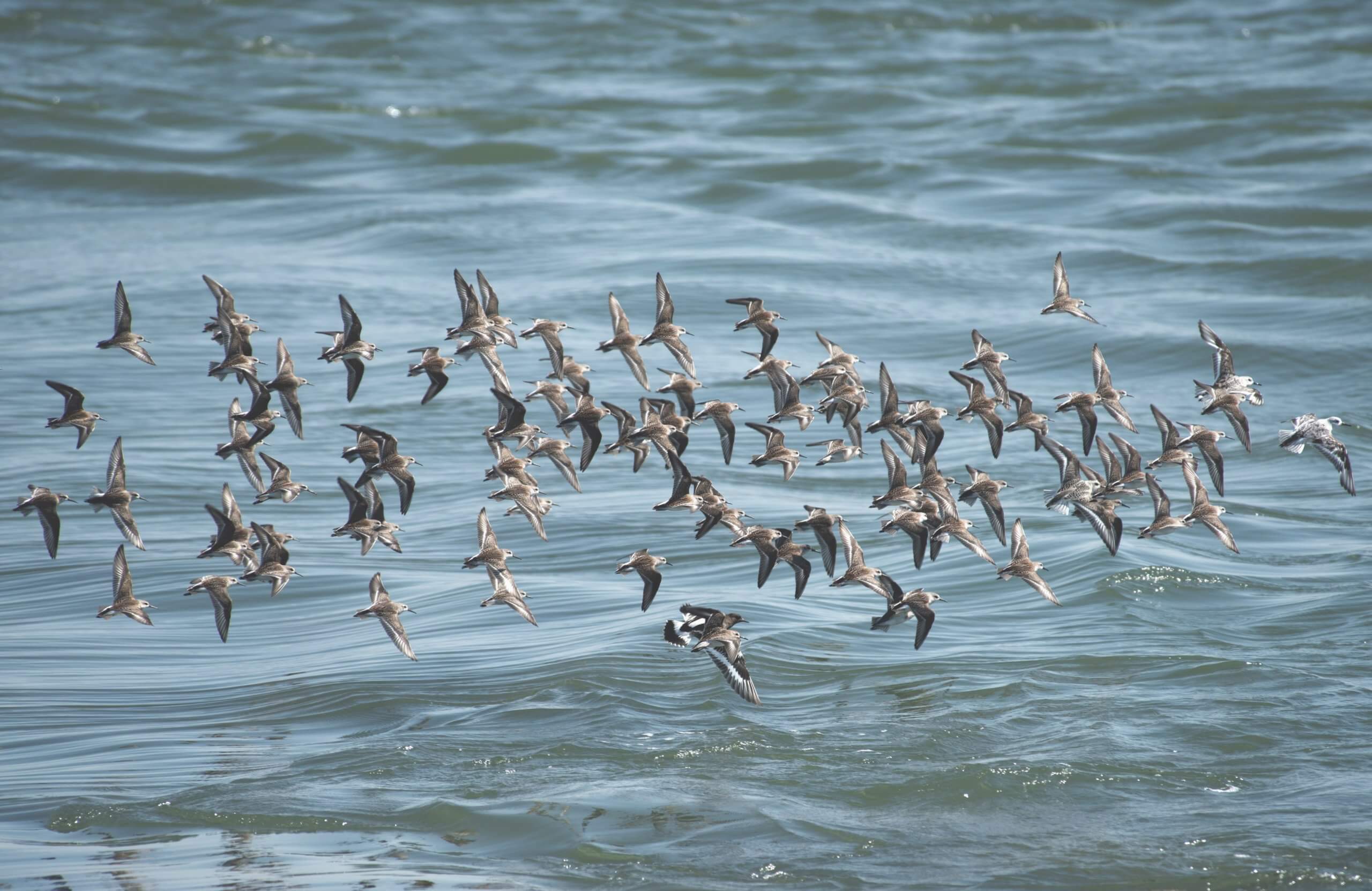By Liz Neeley
Published August 5, 2014
Title: On Vulnerability In Art And Science Communication
Categories: Reflection
Tags: imposter syndrome, perspective, social media, story, trust, Liz Neeley
My closet is organized in a color spectrum, as are my books, and more strangely, my cleaning products. My spreadsheets march in rainbow precision, as do my (many) calendars. I once actually uttered the phrase, “My contingency planning is a thing of beauty.” I desperately want to package a tidy story. Put everything neatly into place. Make it pretty. Make it precise. That’s what I do. But I’ve been home from my trip to Arizona for 28 hours now, and I don’t know yet exactly how I feel or what, precisely, I have learned. Instead, this is a story about letting go.
When Tom Seager invited me to the Sonoran Desert for a science communication workshop built around art, music, and improvisation, I was ready to say yes before I knew what I was saying yes to. Hands-on workshops with actors and painters, immersed in an interdisciplinary mix of scientists, philosophers, musicians, and writers … plus sunrise yoga and a spectacular hike thrown in for good measure? You couldn’t have kept me away.
And yet, last Sunday, I stood awkwardly facing a blank swath of canvas with an empty soda can in my hand. As we introduced ourselves to each other for the first time, my partner Lisa brandished a spatula. We were supposed to paint with these? Fair enough, we were willing to play. What started with polite dabs rapidly escalated to gloppy smears of acrylic as we abandoned the tools and dove in with both hands. In glowing blues and greens, we riffed on spiraling themes of algae, replication, repetition, and waves. Just as I was starting to love some of the textures we were getting, they announced we had to abandon our work and move to the next canvas.
Fingerpainting at its finest – I loved the swirling textures I was able to produce in this set of waves enough to snap a quick photo of it.
An hour later, I didn’t recognize it – and to be honest, I didn’t love what it had become. As the group kept moving, adding layer upon layer of paint to each canvas, it started to bother me. I understood that the point was to loosen our grip and break through old restraints. Pretty and perfect had no place here. But as we were urged to just keep painting, I tried to stem my growing discomfort.
I had no idea how much worse the improv workshop would feel. Control? Polish? No chance. Again, I knew that the whole point of these exercises was to shake us out of old, familiar patterns. I have thought about my inhibitions and limitations at excruciating length, and I intellectually appreciated the chance to shake them loose. I walked in prepared. I was proud of how ready I was. And we were perhaps one minute into our final iteration of the gaze-holding exercise, when I lost my battle to blink back tears.
I hated it.
I hated it all afternoon, and then all evening. I gritted my teeth and smiled. I tried too hard. I was frustrated. Jealous. Embarrassed. Judgment gnawed at my heart. I was feeling vulnerable and that was the last thing in the world I wanted to be.
I think of vulnerability as powerlessness and susceptibility to harm or attack. For all my life, I have equated vulnerability with a lack of preparation. It is unacceptable. It is unthinkable. If I only work hard enough – whether it’s doing background research, honing my skills, or even building strong relationships – won’t that protect me?
Type A? Yup. Perfectionist? Guilty. These traits have gotten me everything I’ve earned so far. It just feels so good to be prepared, to be in control. I recoil at the idea of abandoning old strengths. But I’m also open to making space for new ones. We know that vulnerability plays an essential role in establishing and maintaining trust, and that it directly influences risk taking and job performance (see, e.g. Colquitt et al. 2007 meta-analysis which argues, “If [you are] willing to be vulnerable to leaders and colleagues, [then you are] freed to focus full attention on job tasks as opposed to diverting energy to monitoring [their intentions and actions].”)[1].
In her classic TED talk, Brene Brown shares her research and her personal journey exploring the power of vulnerability.
Vulnerability ties into science and science communication in many other ways, whether we are discussing the burden of impostor syndrome, the complicated interplay of perceptions of femininity and role models, or the physical vulnerability of female researchers in the field and the incessant harassment in online spaces. Vulnerability is not to be taken lightly; it doesn’t come without cost, and I recognize it is a form of privilege to be able to play with the concept.
So what do I make of the workshop? I stretched and listened, took some chances and took stock. I left wanting more opportunities to connect the conversations and projects from the weekend back to our professional lives, but I see at least one key connection. To improve our science communication, we have to meaningfully engage with the relevant social science and psychology literature (see my posts here, here, here, and here). After the workshop, I’m convinced that on a personal and professional level, I need to invest as seriously in the aesthetic and artistic sides of communication as I do in intellectual approaches. It is somewhat intimidating. I’m starting by reading Rainier Marie Rilke’s Letters to A Young Poet, which I’ve quoted from but have never carefully and deeply read.
Frankly, I still don’t know what I will do related to my own vulnerability, but I accept that personal growth cannot be rushed or controlled. I’m looking forward to thinking, reading, listening, making more art, and continuing conversations with my COMPASS colleagues about vulnerability and leadership. I also look forward to hearing from you. Where do you think your work might benefit from taking a risk or opening yourself up to change?
[1] Colquitt, J. a, Scott, B. a, & LePine, J. a. (2007). Trust, trustworthiness, and trust propensity: a meta-analytic test of their unique relationships with risk taking and job performance. The Journal of Applied Psychology, 92(4), 909–27. doi:10.1037/0021-9010.92.4.909
Liz Neeley worked at COMPASS from 2008-2015. This post was transferred from its original location at www.compassonline.org to www.COMPASSscicomm.org, August 2017.



